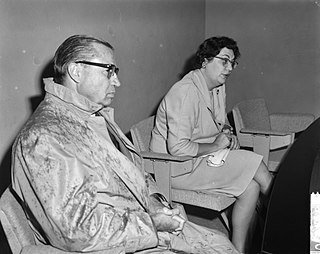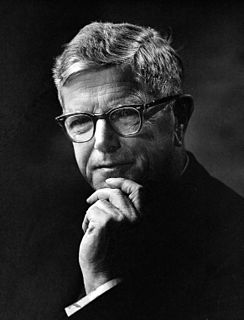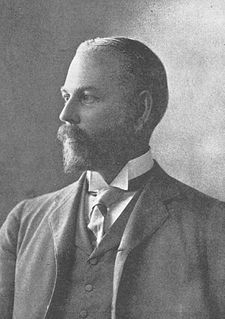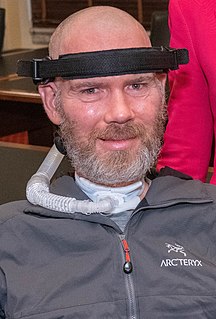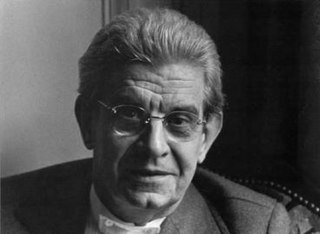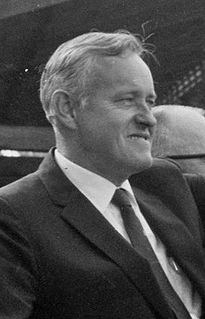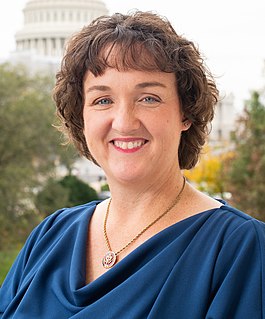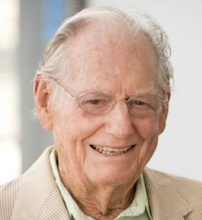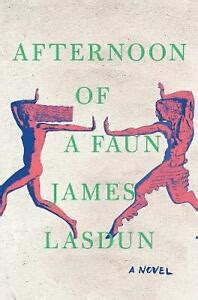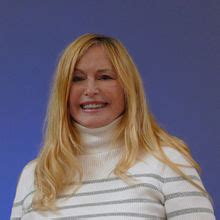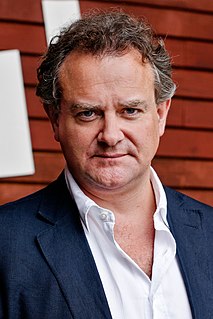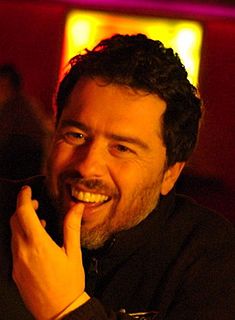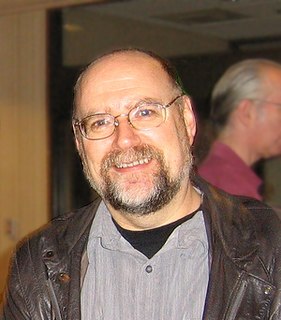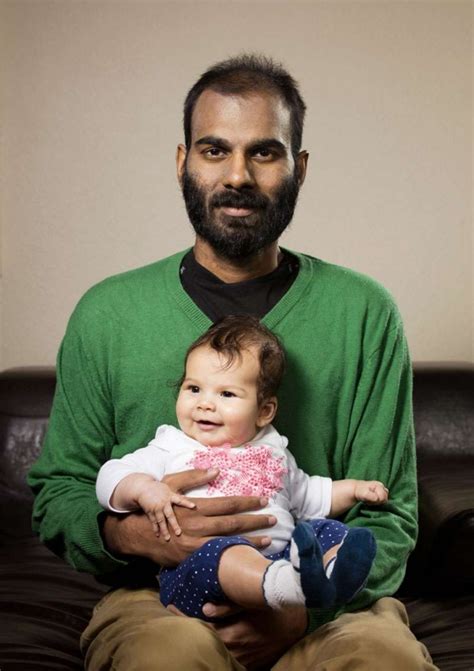Top 188 Terminal Quotes & Sayings - Page 3
Explore popular Terminal quotes.
Last updated on April 17, 2025.
Objectively good spaces to work rarely end up being so; in their faultlessness, quiet and well-equipped studios have a habit of rendering the fear of failure overwhelming. Original thoughts are like shy animals. We sometimes have to look the other way - towards a busy street or terminal - before they run out of their burrows.
Through the healing process of time-and through medical intervention or hospitalization in many cases-most people survive depression which may be its only blessing; but to the tragic legion who are compelled to destroy themselves there should be no more reproof attached than to the victims of terminal cancer.
Treating only terminal cancer patients, the Rand (anti-cancer) vaccine produced objective improvement in 35% of 600 patients while another 30% demonstrated subjective improvement. FDA stopped the vaccine's use in a federal court hearing where neither the cancer patients nor their doctors were allowed to testify.
I feel that life is divided into the horrible and the miserable. That's the two categories. The horrible are like, I don't know, terminal cases, you know, and blind people, crippled. I don't know how they get through life. It's amazing to me. And the miserable is everyone else. So you should be thankful that you're miserable, because that's very lucky, to be miserable.
Human insulin differs from other mammalian types by having a different C-terminal amino acid on the B chain. The immunological difference between beef insulin and human insulin, which is presumably responsible for the antigenicity of the former in some human beings, is thus limited to very a small portion of the whole molecule.
From personal experience, I completely agree that it is often easier to go for monotone sadness. When I was starting out, I wrote a gazillion short stories that ran the gamut of human suffering - drug addiction, child abuse, terminal illness, loved ones dying by all manner of misfortune, etc. In hindsight, it's clear that I mistook the power of the situation for the power of the story.
A true noun, an isolated thing, does not exit in nature. Things are only the terminal points, or rather the meeting points of actions, cross sections cut through actions, snapshots. Neither can a pure verb, an abstract motion, be possible in nature. The eye sees noun and verb as one, things in motion, motion in things.
I have been diagnosed with Amyotrophic Lateral Sclerosis (ALS). It's a terminal disease with an average lifespan of two to five years post-diagnosis, and scientists don't know what causes it. ALS prevents your brain from talking to your muscles. As a result, muscles die. As a result, every 90 minutes people die. I am a person.
The evil eye is the fascinum, it is that which has the effect of arresting movement and, literally, of killing life. At the moment the subject stops, suspending his gesture, he is mortified. This anti-life, anti-movement function of the terminal point is the fascinum, and it is precisely one of the dimensions in which the power of the gaze is exercised directly.
Air travel reminds us who we are. It's the means by which we recognize ourselves as modern. The process removes us from the world and sets us apart from each other. We wander in the ambient noise, checking one more time for the flight coupon, the boarding pass, the visa. The process convinces us that at any moment we may have to submit to the force that is implied in all this, the unknown authority behind it, behind the categories, the languages we don't understand. This vast terminal has been erected to examine souls.
It's a familiar story now: a meek and depressed high school chemistry teacher with terminal cancer cooks up a scheme to make and market a superior grade of methamphetamine to provide a nest egg for his family after he's gone. But over the course of five seasons Walter White goes from milquetoast to murderous in order to survive.
Who knows? If there is in fact, a heaven and a hell, all we know for sure is that hell will be a viciously overcrowded version of Phoenix & a clean well lighted place full of sunshine and bromides and fast cars where almost everybody seems vaguely happy, except those who know in their hearts what is missing... And being driven slowly and quietly into the kind of terminal craziness that comes with finally understanding that the one thing you want is not there. Missing. Back-ordered. No tengo. Vaya con dios. Grow up! Small is better. Take what you can get.
We are here among you as seekers of refuge from our present-your future-a time of worldwide famine, exhausted fuel supplies, terminal poverty-the end of the capitalistic experiment. Once we came to understand the simpl...truth that earth's resources were limited, in fact soon to run out, the whole capitalistic illusion fell to pieces. Those of us who spoke this truth were denounced as heretics, as enemies of the prevailing economic faith. Like religious Dissenters of an earlier day.
Under neoliberalism everyone has to negotiate their fate alone, bearing full responsibility for problems that are often not of their own doing. The implications politically, economically and socially for young people are disastrous and are contributing to the emergence of a generation of young people who will occupy a space of social abandonment and terminal exclusion.
Something is very, very wrong with American culture. The signs are everywhere. I think the country is in almost terminal descent. The business class is combined with the evangelicals. And I think the evangelicals want to provoke an immense global disaster to precipitate the second coming of Christ. So they are very happy about what we're doing to Iraq - and the menace we present now for Syria and for Iran - because they think that the apocalypse is an important thing to get into so that they can see vindicated their most literal interpretation of the Bible.
I'm urging all my millennial peers and the young people coming up behind us to look for signs and symptoms of them being in a Democrat-induced delusion. Don't confuse the dream state of the socialists with any sort of reality. If you spot any signs of this politically terminal affliction within yourself, please seek help.
There are mythologies that are scattered, broken up, all around us. We stand on what I call a terminal moraine of shattered mythic systems that once structured society. They can be detected all around us. You can select any of these fragments that activate your imagination for your own use. Let it help shape your own relationship to the unconscious system out of which these symbols have come.
It is the psychic depression of decadence which has come to this place and time. It is what happens to people who ignore their artists and deny their children. It is a terminal case of involutional melancholia which comes from within and cannot be cured by T.V. or psychotherapy or anything but a creative life, which is hard to come by in a country where it doesn't pay to do anything for yourself.
America as a setting seems inexhaustibly fascinating to me, and I think there's something about the outsider viewpoint that works for me. Being of Jewish descent in England always carried a vague sense of being foreign, while not being a practicing Jew made it hard to think of myself as fully Jewish either. So living here in a way just clarifies that terminal outsider position - makes it somehow official, which I like.
Nowhere was the airport's charm more concentrated than on the screens placed at intervals across the terminal which announced, in deliberately workmanlike fonts, the itineraries of aircraft about to take to the skies. These screens implied a feeling of infinite and immediate possibility: they suggested the ease with which we might impulsively approach a ticket desk and, within a few hours, embark for a country where the call to prayer rang out over shuttered whitewashed houses, where we understood nothing of the language and where no one knew our identities.
I picked up one of the books and flipped through it. Don't get me wrong, I like reading. But some books should come with warning labels: Caution: contains characters and plots guaranteed to induce sleepiness. Do not attempt to operate heavy machinery after ingesting more than one chapter. Has been known to cause blindness, seizures and a terminal loathing of literature. Should only be taken under the supervision of a highly trained English teacher. Preferably one who grades on the curve.
Stories set in the Culture in which Things Went Wrong tended to start with humans losing or forgetting or deliberately leaving behind their terminal. It was a conventional opening, the equivalent of straying off the path in the wild woods in one age, or a car breaking down at night on a lonely road in another.
For the last episode [of Downton Abbey], you'll need some handkerchiefs. I needed handkerchiefs reading it. It wasn't because it necessarily moved me while reading it, but it was the experience of reading it when I realized it was the last time I was ever going to be reading one of those scripts. That was quite terminal.
For a few minutes, maybe, life lingers in the tissues of some outlying regions of the body. Then, one by one, the lights go out and there is total blackness. And ifsome part of the non—entity we called George has indeed been absent at this moment of terminal shock, away out there on the deep water, then it will return to find itself homeless.
No matter what's in your head, you go up into any hospital, up to a terminal ward and it'll smack you right back into reality that, "Hey man, whatever you're dealing with, if it's heavy on your heart and head, you're gonna have to let that go, because there, some people are dealing with unavoidable situations that they can't let go." And then they eventually let those go, so, I mean, that's helpful.
Only 4 sets of people can vote for the PDP: (1) those who are intellectually blind; (2) those who are blinded by ethnicity; (3) those who are blinded by corruption and therefore afraid of the unknown, should power change hands; and finally (4) those who are suffering from a combination of the above terminal sicknesses.
If you have a patient in a doctor's office who's just been told they have terminal cancer but there's this operation they could perform right now that might save their lives. ... They have a 90 percent chance of surviving the operation — if you tell them that, they respond one way. If you tell them ... that they have a 10 percent chance of being killed by the operation, they are about three times less likely to have the operation.
I really relate to outsider characters. Especially the eccentric, lunatic weirdos like Alfred Hitchcock, Viktor Navorski in The Terminal, or the Anvil guys. Everything I've done is about these quite eccentric, exotic outsiders who you might see in a certain light at first, but once you scratch the surface a little, you realize that they're not that different from you. I think there's an element of that which unites.
The desire to be seen as superior and singular- and, conversely, but similarly, inferior and individual, is a big topic...They have a term for the syndrome- it is called terminal uniqueness...we all refuse to be part of the crowd, to walk in the middle of the road in the safety of others. We all think were special. But the problem is, as I point out to Dr. Singer all the time, I actually am special.
The suicidally disgruntled were legion, And their enemies included any and all Americans, Brits, Canadians, Danes, et cetera; or, conversely, all Moslems, dark-skinned people, non-English-speakers, immigrants; all Catholics, fundamentalists, atheists; all liberals, all conservatives...For such people the consummate act of moral clarity was a lynching or a suicide bombing, a fatwa or a pogrom. And they were ascendant now, rising like dark stars over a terminal landscape.
Wouldn't it be great,as Scott Peck suggests, if all medical students had to undergo the symptoms and feeling of a spectrum of illnesses. From acute infections to terminal cancer - and Kuru, the laughing sickness. Just a month for each exposure, controlled of course, and a good heavy dose of excruciating pain. So they'll know what that feels like.
One day I visited a guy who had made a fortune as a broker. He was sitting in his office with his computer. I hire people from here and make deals from this room, he told me. Then he took me to the trading room. Nobody was talking to anybody else, the place was silent as a tomb, they were all sitting there watching their terminals - a great word, terminal. I tell you, it scares the crap out of me.
Youth no longer inhabit the privileged space, however compromised, that was offered to previous generations. They now occupy a neoliberal notion of temporality of dead time, zones of abandonment and terminal exclusion marked by a loss of faith in progress and a belief in those apocalyptic narratives in which the future appears indeterminate, bleak and insecure.
The tricky part of illness is that, as you go through it, your values are constantly changing... You may decide you want to spend your time working as a neurosurgeon, but two months later, you may want to learn to play the saxophone or devote yourself to the church. Death may be a one-time event, but living with terminal illness is a process.


